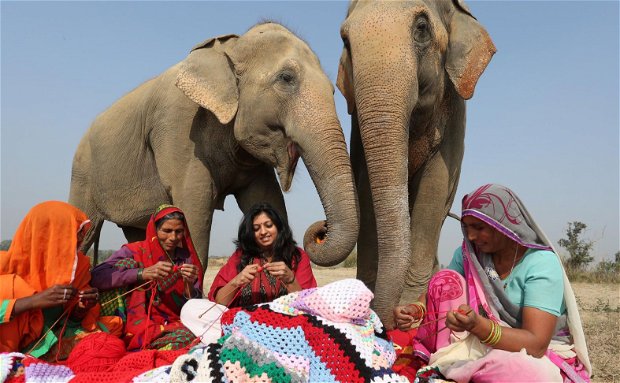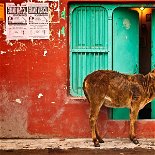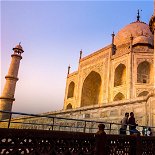Responsible Tourism

BOA is committed to ensuring that we have a positive impact on local communities and that we implement policies to minimise any negative impact on the local environment.
We are dedicated to making sure that we adopt a responsible attitude to the areas through which we travel and believe that our trips should benefit the local people and their environment. BOA recognises that we are guests of local communities and strive to make these communities our partners.
Travelling responsibly is all about making good choices. It's about ensuring you have a great trip while also having a positive impact on the local environment, community and economy you're travelling in. Here's a few tips:
- Bring a refillable water bottle and use the chemically sterilised water stored on the vehicle. You are free to refill your bottle as many times a day as you like.
- Be an animal friendly traveller. Only go to venues that respect animals be allowing them to live normally in their natural environment. Steer clear of venues that use animals for entertainment or abnormal activities and / or keep animals in poor or unnatural conditions.
- Eat at local restaurants, buy from regional artists and support social enterprises so you can contribute directly to the local economy
- Always be respectful of local customs and culture.
- Learn a few words of the local language and engage with the people around you.
- Carry a reusable bag so you can avoid plastic bags.
ELEPHANT PERFORMANCES & ELEPHANT RIDING
Elephant trekking, or elephant riding, has long been on the Asia traveller’s bucket list. Whether learning how to be a mahout in Thailand, tracking rhinos and tigers through the jungles of Nepal or riding a rescued elephant in a Sri Lankan sanctuary. However, BOA Asia does not include elephant rides or unnatural performance activities on any itinerary.
The more questions that are asked about elephant riding, the clearer it becomes that not only is this not an ethical means of conserving elephants, but it is, in fact, precipitating their extinction in the wild. No more than 45,000 Asian elephants remain in their natural environment, scattered across 13 countries in ever decreasing patches of land; they are classified as endangered throughout their range.
The more elephants that are taken from their natural habitat to supply temples, sanctuaries and camps, the smaller their chances of survival. These days, no animal lover would dream of purchasing ivory, yet riding an elephant while on holiday could ultimately have the same impact on elephant populations.
If you would like to learn more here is a link to an excellent guide book by Horizon Travel Press










Share This Page